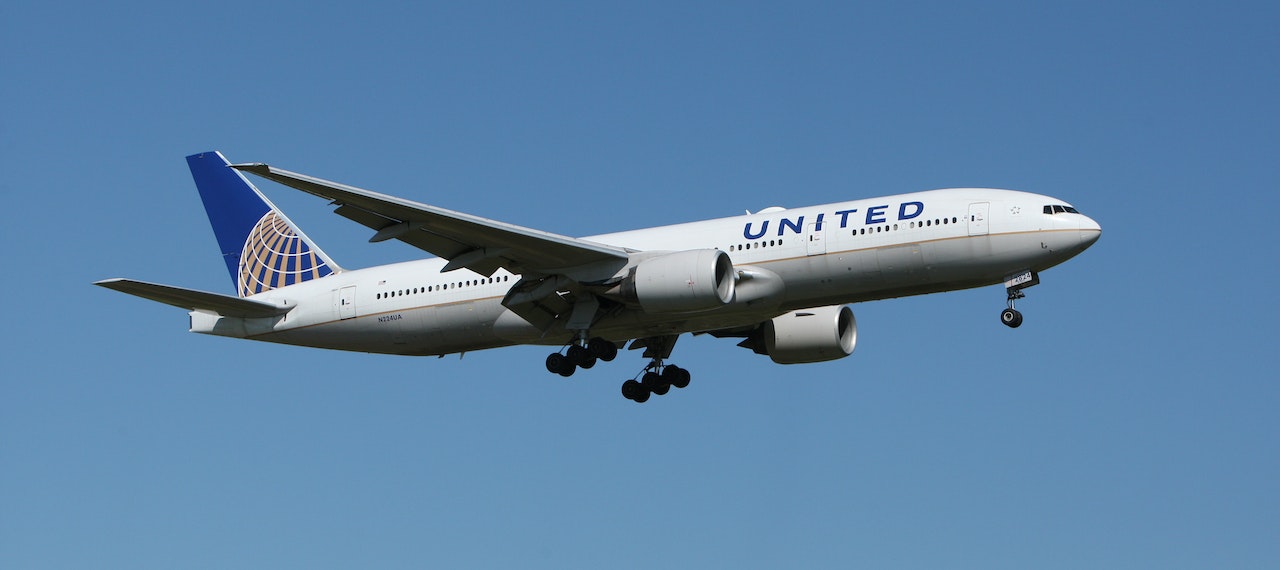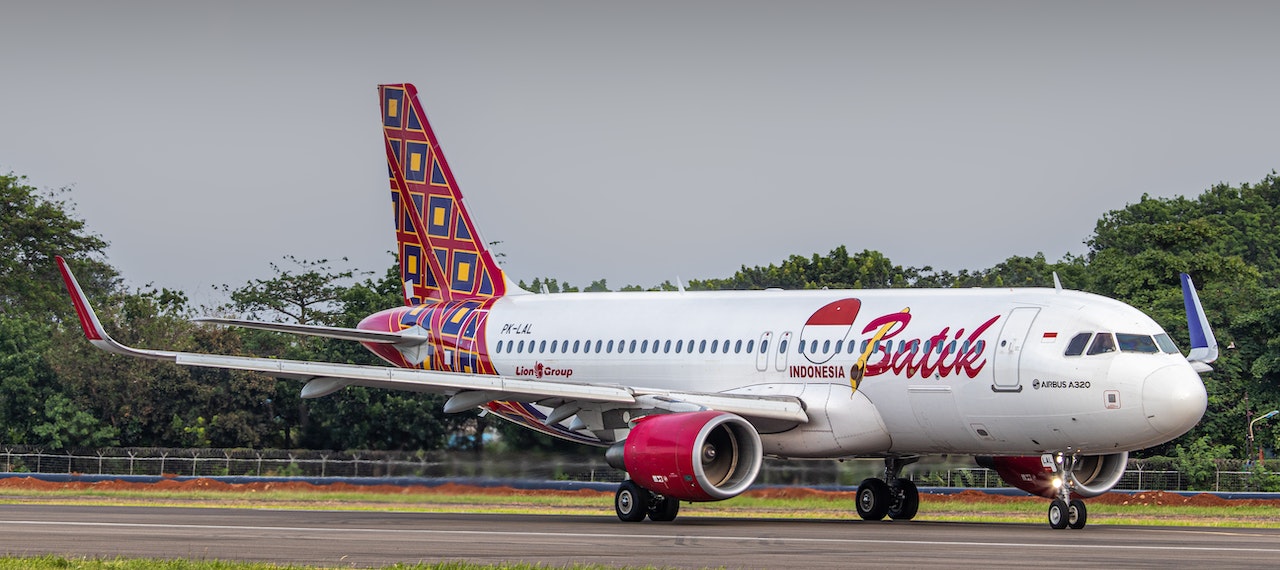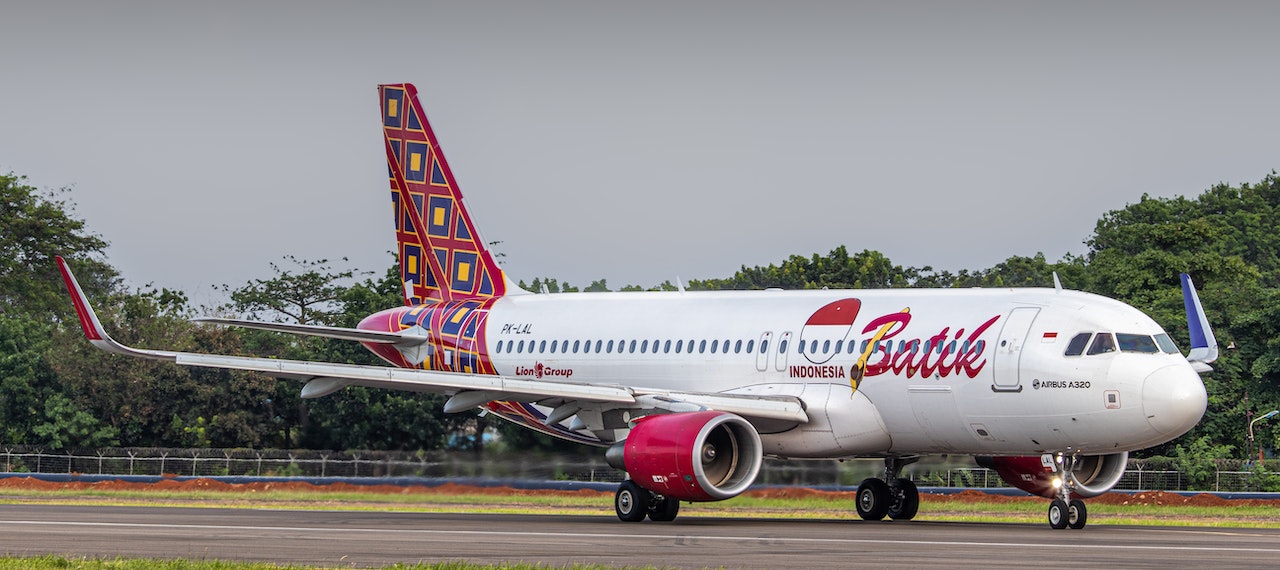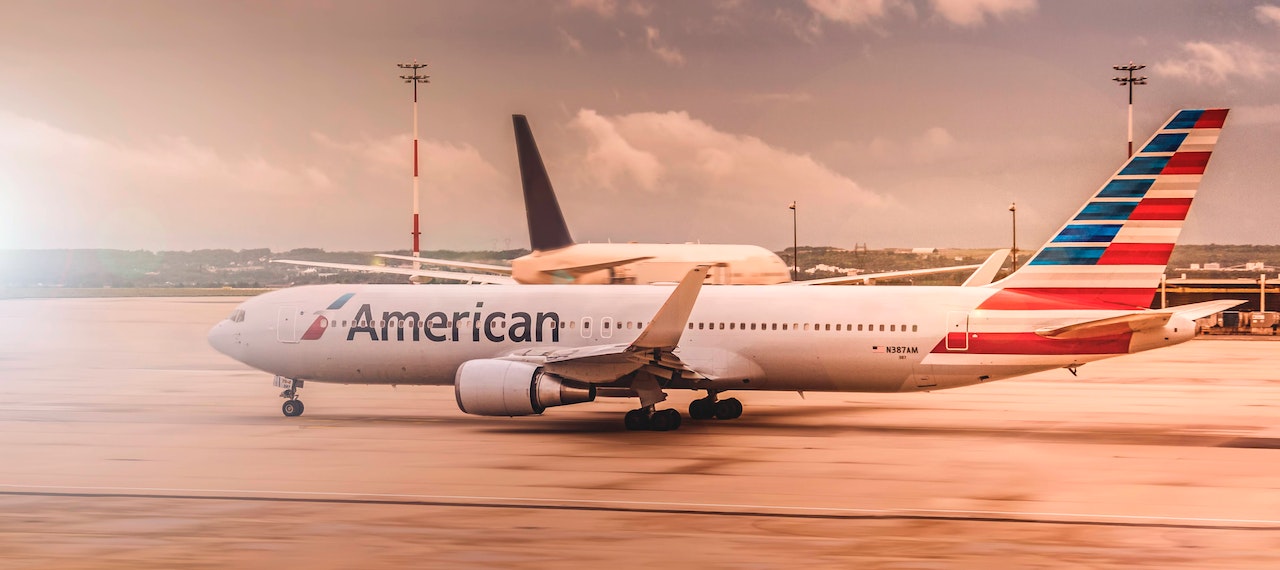As we swiftly traverse the 21st century, the influence of artificial intelligence (AI) and automation in shaping our world is becoming increasingly apparent. A standout sector where these advancements are causing waves is the aviation industry. In this blog post, we delve into the significant impact of AI and automation on flights and airlines, exploring how these technological shifts promise to redefine air travel.
Transforming Customer Service with AI
Airlines are leveraging AI to enhance customer service and streamline operations. AI-powered chatbots, for instance, have become prevalent, providing instant customer support and managing inquiries 24/7. These AI assistants improve service quality, reduce response time, and free up human resources for more complex tasks.
Moreover, airlines are also adopting AI for personalizing customer experience. By analyzing past behavior and preferences, AI can offer personalized flight recommendations, ancillary services, and targeted promotions. This level of personalization not only improves customer satisfaction but also aids airlines in revenue generation.
Automation in Flight Operations
The rise of automation is already visible in today's cockpit. Most commercial flights operate under the auto-pilot mode for a significant portion of the flight. This doesn't mean that planes are flying themselves, but it does illustrate how automation assists pilots, especially during long-haul flights, reducing their workload and the risk of human error.
Moreover, AI and machine learning are transforming flight scheduling and route optimization. Algorithms can analyze historical data, weather conditions, and real-time information to optimize flight paths, improving fuel efficiency and punctuality. This helps airlines reduce operational costs and provide a smoother journey for passengers.
Safety and Maintenance
AI plays a crucial role in ensuring safety and maintenance in the airline industry. Predictive maintenance, powered by AI algorithms, can identify potential mechanical issues before they become serious, reducing downtime and preventing possible accidents.
Moreover, AI can be used in the training and assessment of crew members, creating virtual simulations of critical flight scenarios. These training methods enhance crew readiness and response in case of emergencies, further improving flight safety.
Future Prospects: Unmanned Aerial Vehicles
The advent of AI and automation also presents the future possibility of autonomous or semi-autonomous flights. Unmanned Aerial Vehicles (UAVs) or drones are already being used in various fields. While the notion of commercial passenger planes without pilots may seem far-fetched, the progression towards automation suggests it might be within the realm of possibility.
AI and Automation: A Sustainable Future?
While AI and automation promise significant benefits, their application also raises sustainability questions. How will the airline industry balance automation and job preservation? How can AI be leveraged to create a more sustainable and eco-friendly aviation industry? These are critical questions that airlines must address as they navigate the path towards an automated future.
The rise of AI and automation in flights and airlines represents a significant shift in the aviation industry. From improving customer service to enhancing flight operations and safety, the potential benefits are tremendous. As we journey into the future, the integration of AI and automation in the aviation industry will undoubtedly continue to reshape air travel, bringing about exciting new possibilities and challenges. In a world ever more connected, it is crucial that we harness these advancements responsibly, ensuring a safer, efficient, and sustainable future for air travel.

.png)
.jpg)




.jpg)
